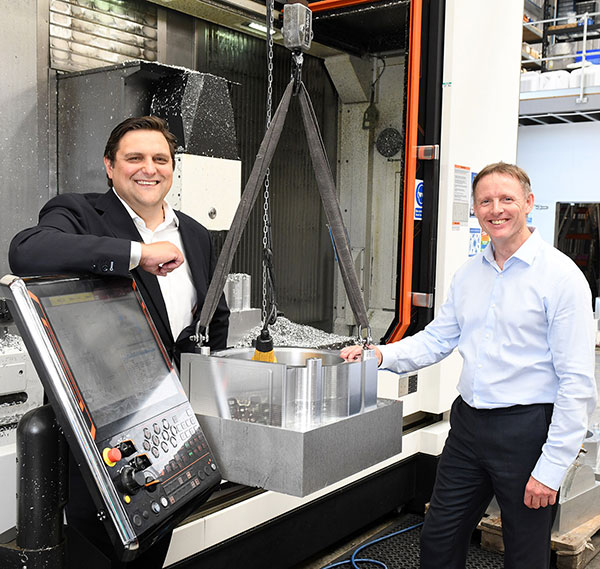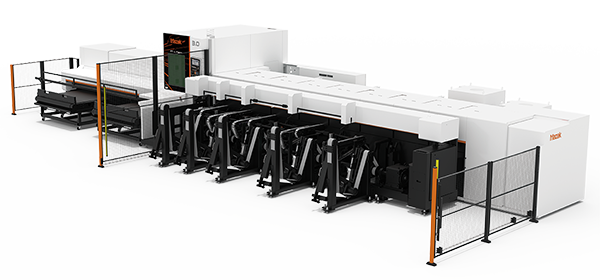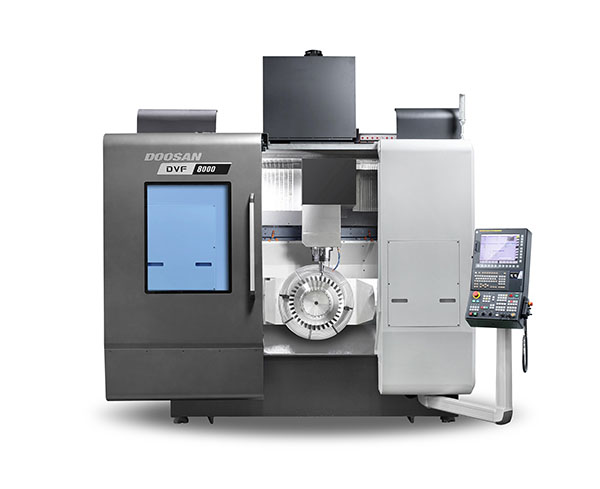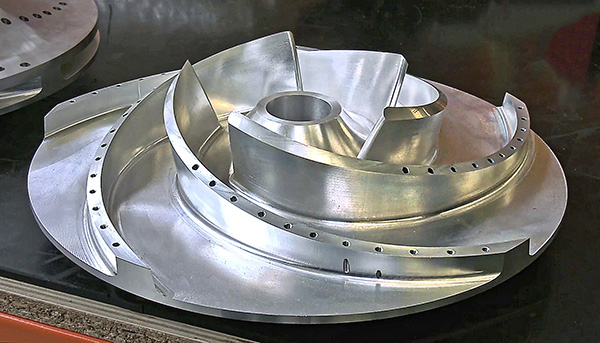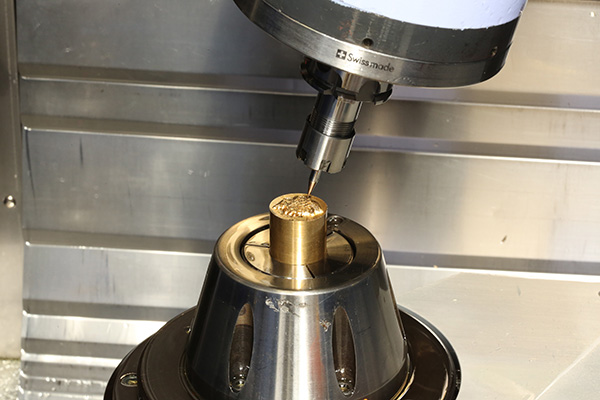A £43m critical supplier to the aerospace sector has made its latest acquisition as it looks to target new opportunities in the defence and medical sectors.

Manchester-based Aero Services Global Group (AS.G), which manufactures airframe structural equipment and aero-engine components for more than 20 leading primes and tier-one suppliers, has welcomed AMF Precision Engineering to its portfolio of companies.
The Wirral-based subcontract technology specialist joins six other manufacturing businesses in the group and provides additional cleanroom and long-bed machining capabilities, not to mention direct access to customers in medical, defence and a host of research centres across Europe. AS.G’s announcement comes just a few weeks after it secured a £31m funding package from Magnetar Capital and Close Brothers Invoice Finance to support ambitious three-year growth plans.
For further information www.aeroservicesglobal.com






